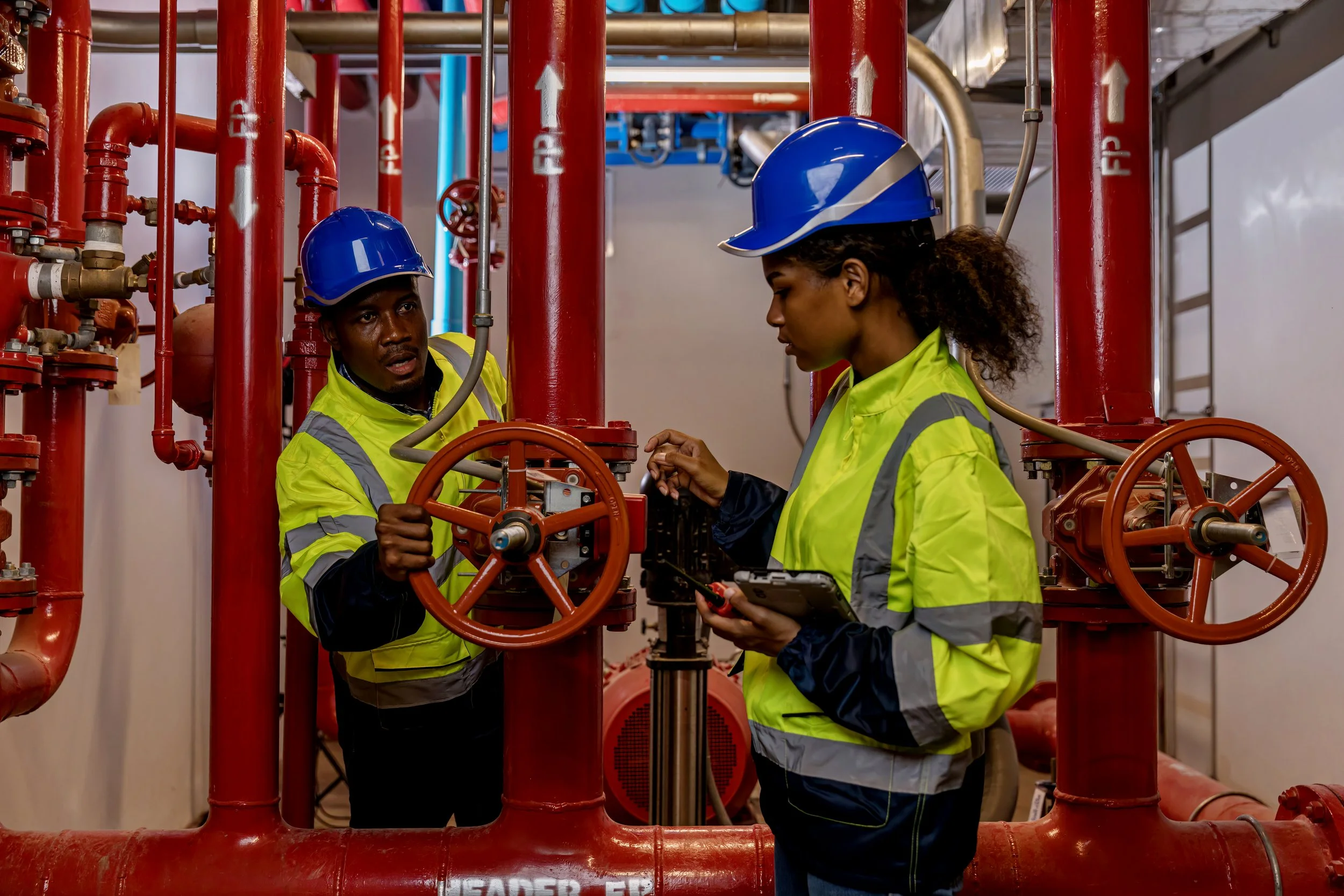Ghana’s Urgent Push for Oil Production
At the Africa CEO Forum in Abidjan on May 13, 2025, former President John Mahama urged global oil firms to accelerate crude extraction in Ghana before the country’s reserves become stranded assets amid the global shift to renewables.
“We must pump our oil like there’s no tomorrow,” he declared, citing the Jubilee, TEN, and Sankofa fields as economic lifelines. His remarks come against the backdrop of falling production - down from nearly 196,000 barrels per day in 2019 to just over 132,000 in 2024 - underscoring Ghana’s push to monetize its petroleum wealth before international decarbonization policies diminish demand.
This urgency is grounded in wider global trends. The International Energy Agency (IEA) projects oil demand could peak by 2030, raising fears that late-moving producers will be left behind. For Ghana - where oil contributes roughly 15% of GDP - this means ramping up extraction while there’s still a viable market. Kosmos Energy’s $2 billion investment in Ghana’s upstream sector, announced in May 2025, reflects confidence in recent reforms and directly supports Mahama’s call to scale operations. The funding targets production increases at the Jubilee and TEN fields to reverse recent declines and keep Ghana competitive in the narrowing fossil fuel window.
Ghana’s oil push extends beyond extraction into refining. Between May 3 and 5, the country received about 500,000 barrels of Angolan Palanca crude at the Sentuo Refinery in Tema, boosting efforts to reduce reliance on imported refined products. Though inaccurately reported as a first, Angola had supplied Ghana with crude as early as 2023. The 40,000-barrel-per-day Sentuo
Refinery is now central to Ghana’s bid to become a regional refining hub, sourcing feedstock from across Africa to strengthen energy security - even as the country races to maximize returns before clean energy transitions shrink fossil fuel markets.
Across the African continent, this intensified drilling drive reflects a broader developmental imperative: to convert resource endowments into tangible wealth before global conditions render them obsolete. As nations like Namibia, Mozambique, and Ghana accelerate upstream investment and expand refining infrastructure, the goal is clear -generate jobs, boost revenues, and build industrial capacity while time permits. Yet the challenge lies in balancing this resource mobilization with long-term sustainability, ensuring that today’s gains do not come at the cost of tomorrow’s resilience.

